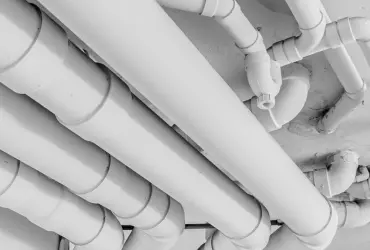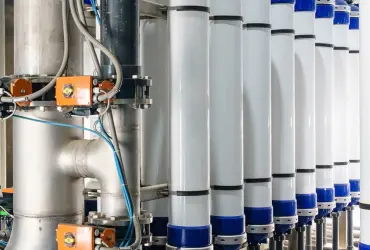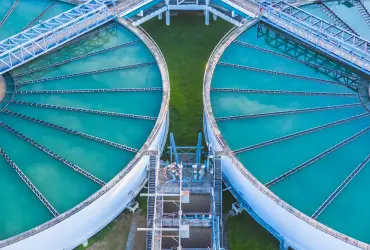Turn All Business Travel Into a Holiday
with a Team That Understands
What You Need
Upcoming Trade Shows in for Environment & Waste

GARTEN MUNCHEN 2026, Munich, Germany
4 - 8 Mar 2026

SHK ESSEN 2026, Essen, Germany
17 - 20 Mar 2026

MCE 2026, Milan, Italy
24 - 27 Mar 2026

IFAT 2026, Munich, Germany
4 - 7 May 2026

TECMA 2026, Madrid, Spain
9 - 11 Jun 2026

FILTECH 2026, Köln, Germany
30 Jun - 2 Jul 2026

GENERA 2026, Madrid, Spain
24 - 26 Nov 2026

H2O - ACCADUEO 2026, Bologna, Italy
26 - 27 Nov 2026

ISH 2027, Frankfurt am Main, Germany
15 - 19 Mar 2027

Elmia Wood 2027, Jönköping, Sweden
20 - 22 May 2027

Energiesparmesse, Wels, Austria
27 Feb - 1 Mar 2026
Big Data is revolutionizing the environment and waste management industry as it offers powerful tools to enhance collaboration and efficiency. As waste management challenges intensify, data-driven insights are becoming essential for optimizing operations. By analyzing metrics from collection routes to recycling rates, companies can improve efficiency in real-time. This not only enhances coordination between municipal bodies, waste collectors, and recycling centers, but also ensures that resources are utilized effectively.
Predictive analytics now play a crucial role in forecasting waste generation and help cities devise efficient collection strategies. Real-time tracking systems ensure that waste is directed to the most suitable processing sites, which further optimizes the use of available resources. There’s the matter of public-facing data dashboards. Being completely transparent involves citizens in the recycling process by motivating them to recycle more and nurtures a sense of collective responsibility.
Food waste is increasingly becoming a focal point in waste management discussions. With a significant portion of global food production wasted annually, the drive for solutions is intensifying. Efforts to address food waste span the entire supply chain from improved harvesting techniques to collaborations between retailers and food banks. Consumer education campaigns are highlighting smart purchasing and efficient food use, while technology platforms connect buyers with nearly expired goods or directly with farmers. In response to this issue, the environment and waste management industry is launching composting facilities and organic waste collection initiatives. These efforts turn unavoidable food waste into eco-friendly compost.
Efficient recycling is increasingly dependent on precise screening and sorting techniques. As sustainability takes center stage, technological breakthroughs in recycling processes are emerging. The days of solely manual sorting are gone, replaced by advancements that leverage robotics, artificial intelligence, and state-of-the-art sensors. Tools like near-infrared (NIR) and hyperspectral imaging are now used to discern materials based on their distinct properties.
GET A FREE QUOTE
Looking for a hotel accommodation for particular trade show or exhibition.
Send us a general enquiry and we will find the best options for you
Send us a general enquiry and we will find the best options for you